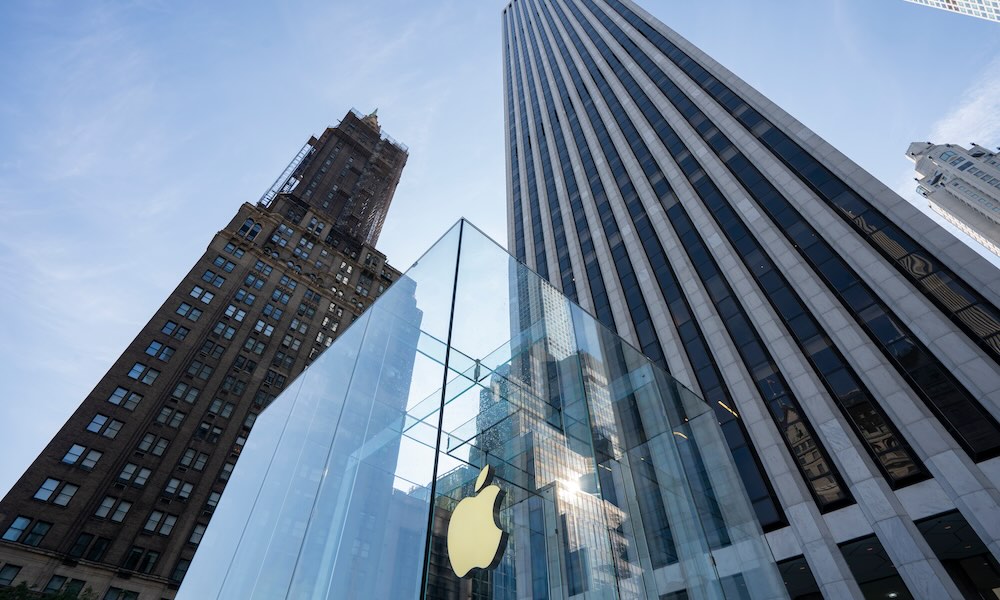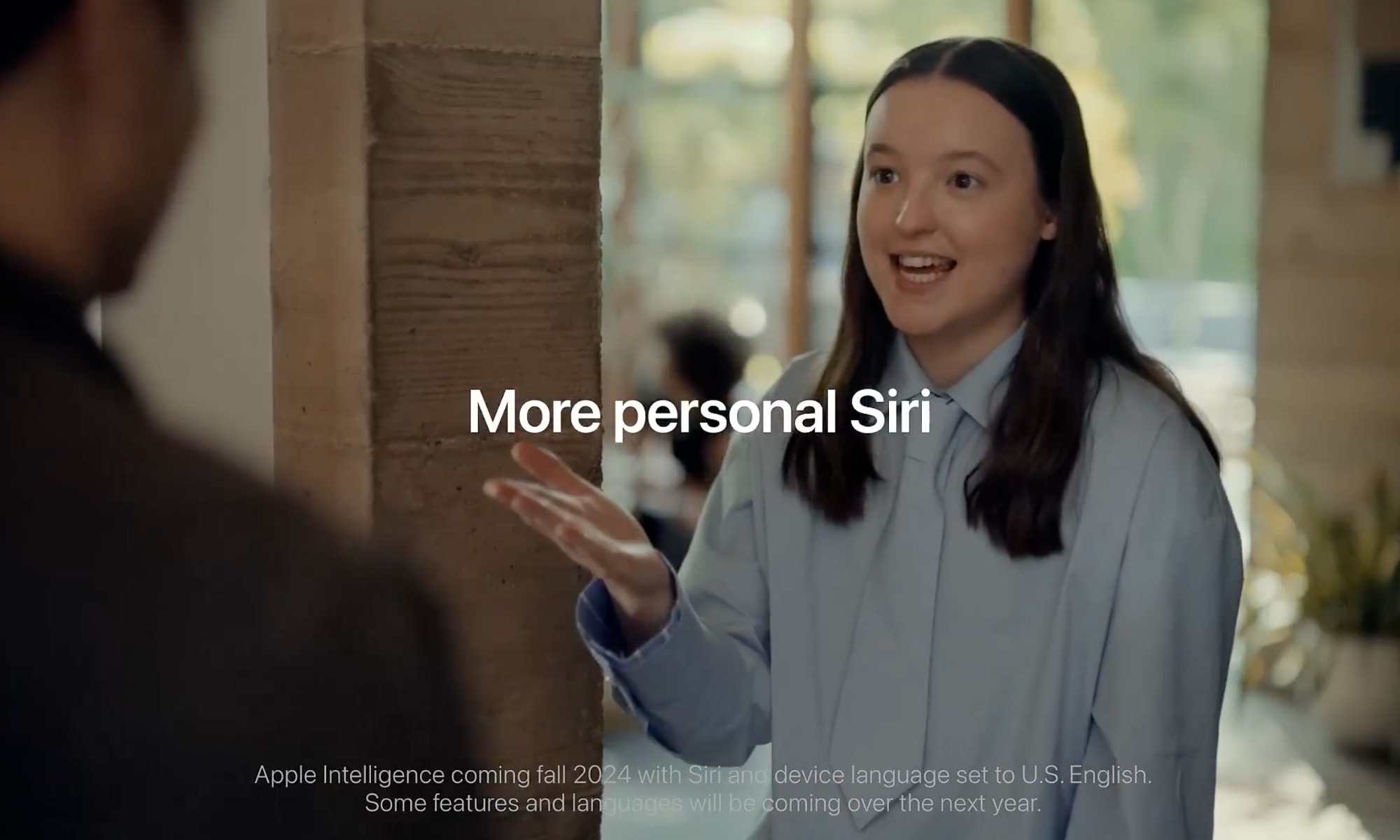Apple Pushes Back Against ‘Baseless’ Siri Lawsuit
 Tada Images / Adobe Stock
Tada Images / Adobe Stock
Toggle Dark Mode
In March, Apple made the somewhat unprecedented move of announcing that it would need to delay one of the features it had promised for iOS 18: the smarter Siri it had showcased as part of its Apple Intelligence debut during its 2024 Worldwide Developers Conference (WWDC).
In a move that shouldn’t have come as much of a surprise, a class action lawsuit was filed less than two weeks later, accusing the company of falsely advertising a “significantly limited or entirely absent version of Apple Intelligence” to promote its new products like the iPhone 16 lineup. This marketing led “consumers to believe they were purchasing a device with features that did not exist or were materially misrepresented,” the lawsuit went on to assert.
While the premise of the lawsuit seems reasonable on the surface, Apple is naturally pushing back. In a motion to dismiss the lawsuit filed this week, Apple insists that the claims that are being made are far too broad and vague to demonstrate that they suffered any of the kind of economic harm they’re claiming.
Apple’s central defense is simple: this isn’t about broken iPhones, it’s about timing. Of the more than twenty Apple Intelligence features promised, all but two have already shipped. The holdouts — Siri’s personal context and in-app actions — are still in development but will arrive in free updates.
Apple also maintains that the affected users have benefited from many other features of the new models and have not demonstrated in any concrete terms that the missing features would have been key in their decision to purchase an iPhone 16 model.
Plaintiffs are 69 individuals in 38 states who claim they purchased iPhone 16 models at various times before learning the new anticipated timing for the rollout of these two features. They claim that notwithstanding the over 20 Apple Intelligence features now available in the U.S., plus the many new hardware features integrated into their devices, they would not have purchased an iPhone 16—or would have paid less for it—if they had known that just two Apple Intelligence features would be delayed. They make this claim even though they do not allege there is anything defective about their iPhone 16, they continue to use the device, and they will have the option of the remaining Siri features at no additional cost when they are released in future software updates.
Defendant Apple Inc.’s Motion to Dismiss, Landsheft v. Apple Inc., No. 5:25-cv-02668 (N.D. Cal., filed Sept. 25, 2025)
Apple goes on to note that, while the plaintiffs claimed that the marketing of Apple Intelligence influenced their decision to purchase one of the new models, their case doesn’t point to any specific Apple ad or statement that they actually relied on. Many simply say they “remember seeing” ads, without any other details or context for them.
To be clear, Apple did indeed market the iPhone 16 with Apple Intelligence features that weren’t delivered for weeks or months after the device went on sale. Many Apple commentators, including Bloomberg’s Mark Gurman, weighed in during the fall 2024 release season on how Apple was overhyping these features.
Nevertheless, all of those features except two eventually appeared, and it’s far from the first time that Apple has spread out updates over the course of several point releases. It’s fair to say that Apple Intelligence was more heavily marketed compared to previous years, but these weren’t the only compelling features in the iPhone 16 lineup, and, as Apple points out, more than 20 out of 22 Apple Intelligence features have rolled out, and that doesn’t include all the other iOS 18 and iPhone 16 improvements like the Camera Control, more powerful A18 chips, and improved camera systems.
At this point, the only missing features are Siri with personal context and app intents. Apple potentially made a serious tactical error in showing these features off at WWDC 2024, at a point where several insiders say they had little more than a barely functioning prototype for them. Some insiders have gone so far as to call these features “vaporware.” If that’s the state they were in as of June 2024, that label would have been fair at that time; however, Apple is still working on them and plans to deliver them to all iPhone 16 users at no additional charge.
In its filing, Apple maintains that it hasn’t broken any consumer protection laws, as there’s no warranty breach since the iPhones weren’t defective and still function properly as phones. Additionally, the plaintiffs can’t point to any actual breach of contract on Apple’s part.








